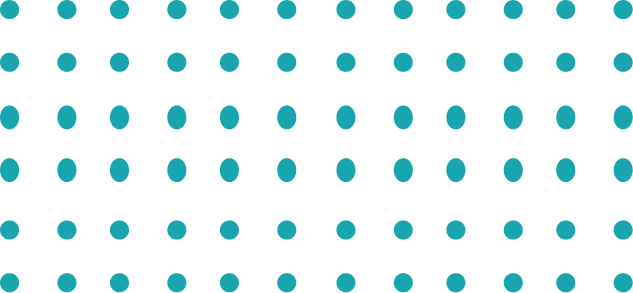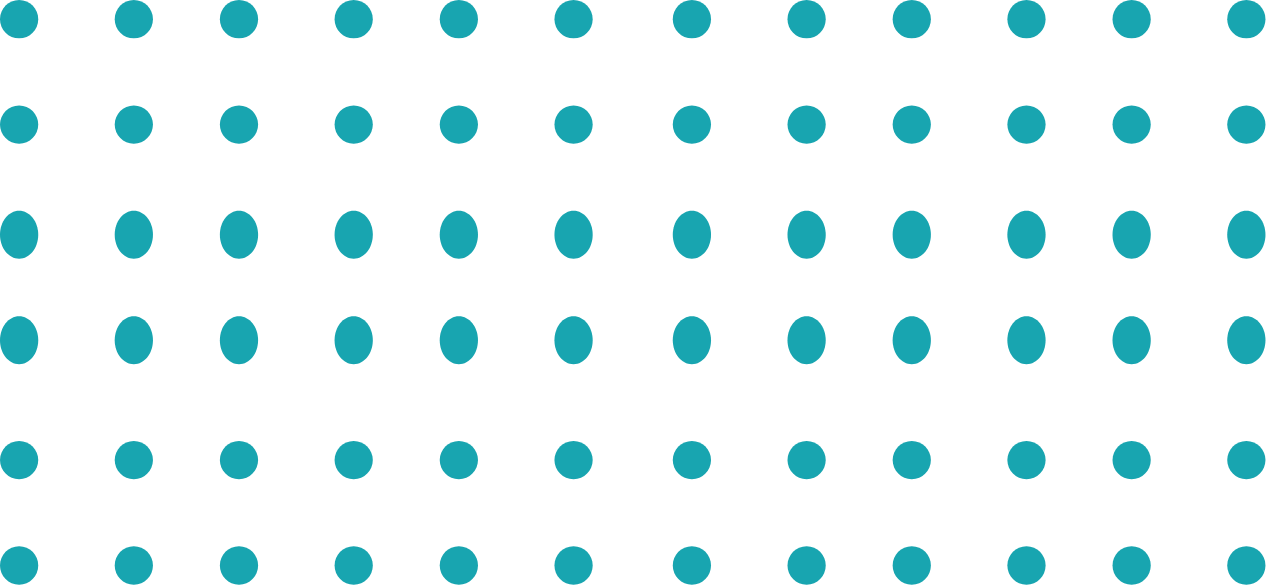November is Women Abuse Prevention Month and I believe that we all have a role to play in ending domestic violence. While I realize I could never understand what a woman has gone through who has experienced domestic violence, I believe that men need to be part of the solution. That is why I want to speak up and encourage other men to do the same.
I am participating in the Wrapped in Courage Campaign that is happening this month throughout Ontario, including right here in Waterloo Region. The purple scarf represents the courage it takes a woman to leave an abusive relationship. However, the idea is that the courage of a woman alone is not enough; it will take the support of an entire community to end violence against women.
Participating in the Wrapped in Courage Campaign is one thing that I am doing to show my support. Something else that I can do is use my voice.
As a firefighter I’ve witnessed the immediate aftermath of domestic violence first hand, but the impact ripples on for years, even becoming cyclical. If we want to build safe and healthy communities, silence and apathy are not options. We cannot stop at identifying and labelling either – we must press on into deeper conversations and as men, I believe we need to look into our roles and seek opportunities for growth.

Creating Meaningful Connections
One way we can continue to grow is through building meaningful relationships. Recently, in a closed but very large group on social media, I shared some emotional feelings about a journey that my wife was going through. I was amazed at the feedback. So much support, so much love… A connection and acceptance that is rarely observed on social media. I could even venture to say a clear and obvious need was identified. People want and need to see real, raw emotion.
It seems in our busy lives we have more friends but less meaningful connections. What it means to be human is being shaped and redefined by every media story and Instagram post that we read. For many people, this increases their desire to identify with someone and to truly SEE them.
Some comments on my post also seemed to point to a belief that good, caring men are rare. And that a “Man Up” culture is disrupting and destroying the cultural balance and safe space that our communities are meant to provide. These two ideas tear at me at a visceral level and so I’m writing this in the hopes that we can work together to change the future.
Desmond Tutu has two quotes that profoundly impact me and shape my viewpoint:
- “If you are neutral in situations of injustice you have chosen the side of the oppressor…”
- “There comes a point when we need to stop just pulling people out of the river. We need to go upstream and find out why they are falling in.”
I’m an upstream thinker, so these thoughts are intended to help prevent abusive situations by opening the dialogue, challenging emotions, and building skills.
The Impact of Toxic Masculinity
There is also a lot of buzz right now around male toxicity and the patriarchal society we live in. This can be worded in many ways, but recently I heard Elizabeth Gilbert describe it as Divine Masculine vs Profane Masculine and Divine Feminine vs Profane Feminine. Whatever verbiage we use, I think it’s important to recognize that these possibilities exist in all of us. It is up to us to choose how we show up in the world.
Qualities like logical, focused, courageous, nurturing, creative, receptive, brave, patient, wise and responsible taken to extremes can present and show up as disruptive, controlling, petty, selfish, aggressive, jealous, boastful, intimidated, etc. We are constantly balancing between good and evil or light and dark – so how do we tip the scales in favour of good?
Whether it be Brett Kavanaugh, Donald Trump, or Harvey Weinstein, the headlines are filled with glaring examples of dysfunctional reactions, patterns and choices of how to show up. These figureheads are modeling behaviours that are not aligned with caring and compassionate leaders and often receive more attention from media. But it isn’t only in the headlines – if we pause and reflect on the traits I’ve mentioned, I’m sure everyone can think of examples in their own lives where they’ve witnessed or displayed the profane masculine or profane feminine.
Earlier I mentioned the Wrapped in Courage Campaign and how the purple scarf represents the courage it takes for a woman to leave. I think we also need to discuss how men can be courageous – by speaking up when we witness inappropriate behaviour and by modeling the behaviours of good men.
Building Safe Communities
Simon Sinek, author of Leaders Eat Last, says “…leadership is a choice, not a rank.” I hope we will choose to be leaders of ourselves and lead a vision of safety for all our community.
Challenging stereotypes is one way that we can start being courageous. It’s important to recognize that there are several social stereotypes that many of us contribute to. In some ways, statements like “boys don’t cry”, “tough it out”, and “suck it up”, can have positive, survivor mindset benefits. However, they can also cause destructive patterning at a very young and impressionable age.
It’s my opinion – albeit non-professional, but with almost 50 years of being male – that we emotionally stunt boys from early on. The ability to connect to emotions and more importantly process and express them is often not taught at all.
A rather humorous quote by Confuscious sums it up:
- “It is only when a mosquito lands on your testicles that you learn to solve problems without violence.”
Truthfully, I can’t imagine this is an exact quote, but thanks to google our strategy appears to be to walk around naked and wait for a mosquito to enlighten us… Obviously we can’t wait for the mosquito plan or solve this in one blog post, but how can we start to change the patterning? How can we engage in discussion about emotional regulation for boys and men? Here are a few options I have explored that I think are valuable.
My Request to Men
- Create a personal ethos. Write it down. It will become your moral compass.
- Self-awareness is crucial to making some groundbreaking changes. Take up some form of regular reflection; a journal, meditation, or join a group. Place a calendar reminder and make it a habit.
- Build accountability into your life, with your moral compass ask buddies to join you and keep each other on the course you set.
- Find a coach or a mentor, who: 1. Demonstrates the values and morals you believe in and 2. Requests a commitment from you for the time they spend with you. The first one is so you get someone who can show you the path; the second one is so you value the time and investment.
- Have courage to stand by your convictions, and to speak up when examples of profane masculine occur around you.
- Educate yourself on healthy relationships, forms of abuse, and what you can do to help.
- Read books on emotion and leadership and continue to improve yourself.The Body Keeps the Score, The Mask of Masculinity, The Alter Ego, Leaders Eat Last, The Infinite Game.
- Maya Angelou said: “When we know better, we do better.” Become a coach, mentor or guide to young boys and men. Let’s ensure that the definition of being a man does not become narrowed and limiting.
- Have open and candid conversations about stereotypes.
- Openly encourage the men in your life to express themselves, the younger the man, often the easier it will be. If you have great men in your life remind them to spend time being Clark Kent – even Superman takes off his cape.
- If you’re a parent, you can encourage the exploration of all emotions. If your children are happy, sad, angry, excited, scared ask them to describe it and explain why. What makes them feel that way? Ask where they feel it? Emotions often manifest in physical ways. This will teach them to associate physical feelings and know how to manage them. Sit with them and help them manage and assess the experience. Dr. Shefali is an amazing teacher and professional. Read her work. You’ll set your children up for a massive head start on life.
Men, we need to be part of the solution when it comes to ending violence against women. I think that if we all work towards being better people, as well as engaging in healthier relationships, then we will be able to make a positive difference.



